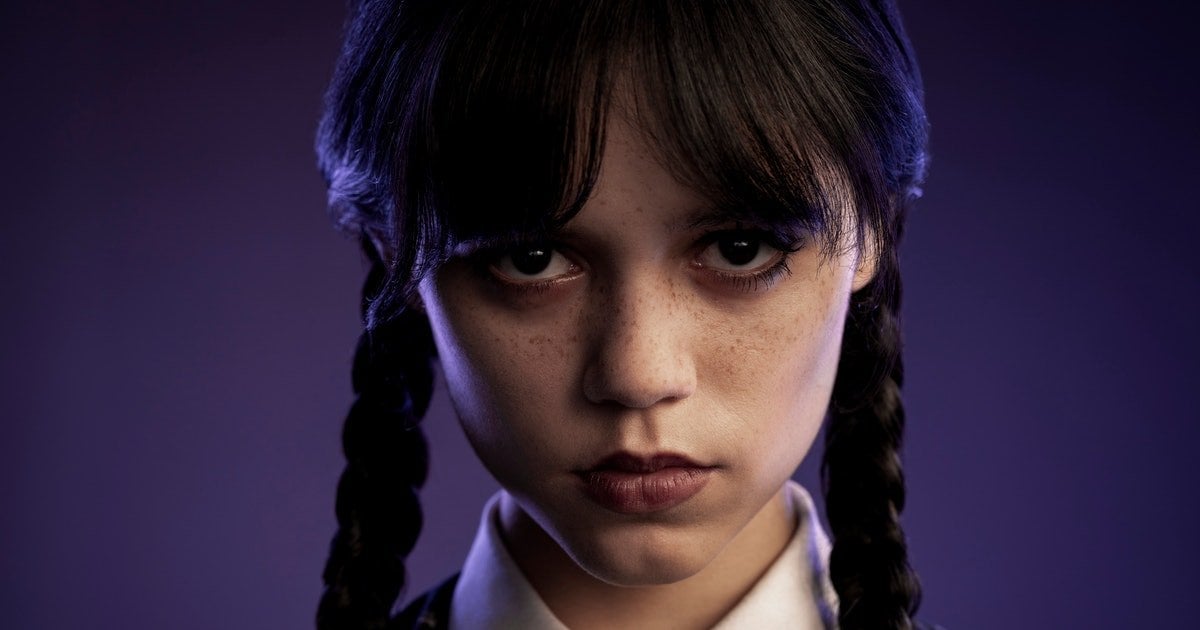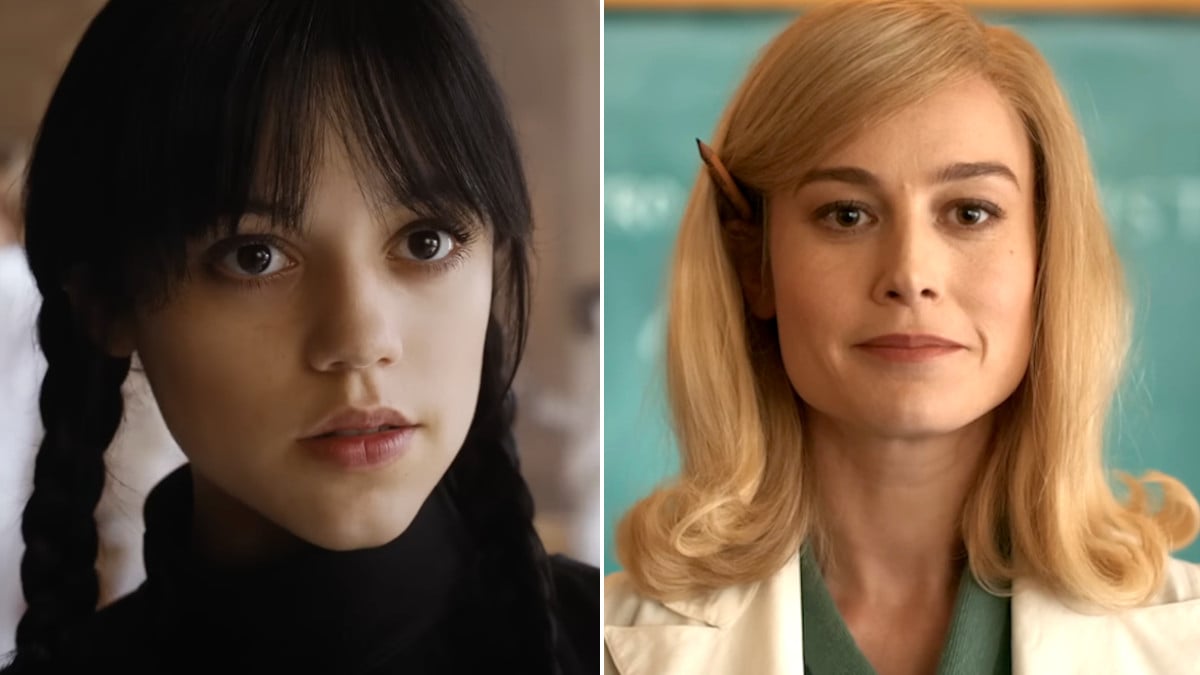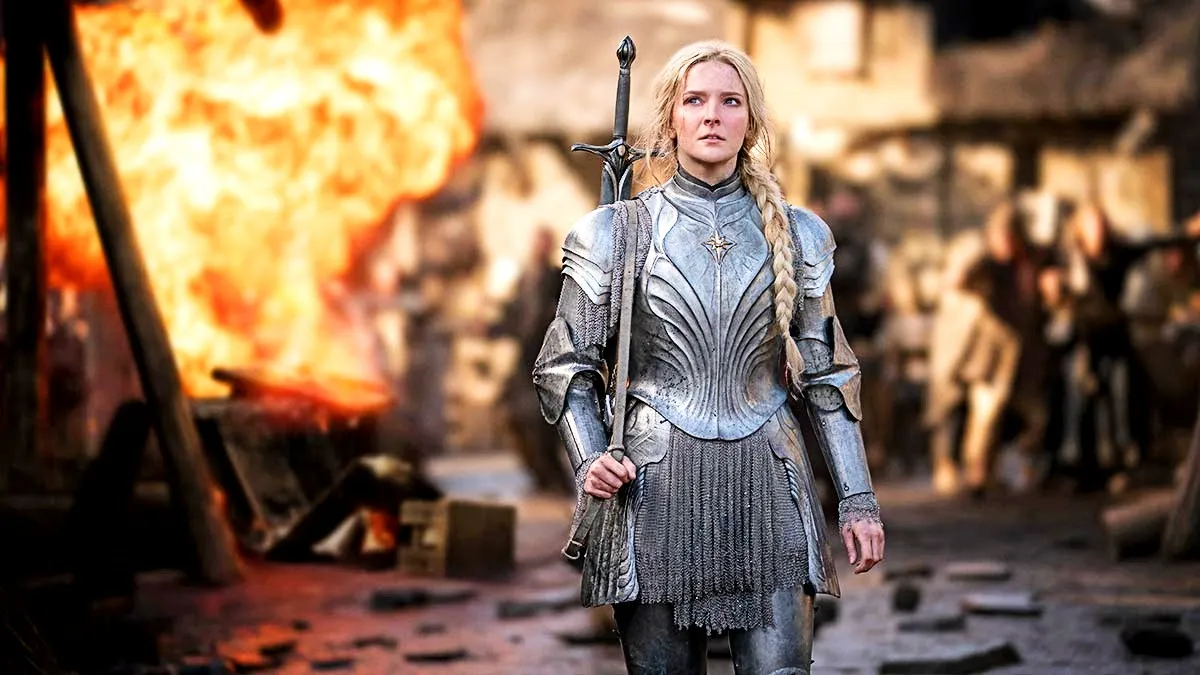Wednesday and Lessons in Chemistry, two of the most popular shows of 2022 and 2023, respectively, bring INTJ women into the spotlight. While these shows celebrate these rare and unique individuals, one must question if that same acceptance will extend beyond the TV screen.
INTJ is one of the 16 personality types identified in the Myers-Briggs Type Indicator (MBTI), the most popular and widely accepted personality typology. INTJ is the third-rarest personality type overall, making up just 2.1% of the population. However, among women, INTJ is the number one rarest personality type, with INTJ women accounting for just 0.5% of the population. Its rarity has made it one of the least understood and accepted personalities because INTJ individuals are less likely to fit societal norms and expectations. As an INTJ woman myself, I recognize the lack of acceptance around our personality type, and it’s why I was so intrigued by two INTJ women gaining traction in pop culture.
Even before Wednesday made it big on Netflix, Wednesday Addams (Jenna Ortega) has long been classified as an INTJ type. Though there’s less conversation around Elizabeth Zott’s (Brie Larson) personality, I’d argue she, too, is an INTJ woman. Both women are clearly introverts (I)—they find social interaction tiring and sometimes even trivial, preferring to be independent and always directing thoughts and feelings inward rather than outwards. Meanwhile, both of them are very logical, theoretical, reliant on facts, and show a clear preference for structure and organization—all signs of Intuition (N), Thinking (T), and Judging (J).
While it’s lovely to see the media bringing INTJ women to the forefront, I wonder what it means for how INTJs are seen in real life.
Why are INTJ women so disliked?

It was odd when Wednesday came out, and suddenly, the coolest girl on television was a teenage INTJ girl. Suddenly, everyone thought that a girl being quirky, struggling to express emotions, having a fierce independence streak, and being wickedly intelligent was cool. It was even stranger when a socially awkward woman with a genius-level intellect started gaining traction in Lessons in Chemistry. It felt so strange because it was so contradictory to real life, considering that society hasn’t made their dislike of INTJs, especially INTJ women, a secret. As a teenager surfing the internet after taking the MBTI and coming across countless Reddit and Quora posts and forums discussing why “people hate INTJs” and why they’re the “most hated” personality, I’ve always been aware that it isn’t just me—my personality type, in general, is disliked.
Now, I get that a few personality types get slandered on the internet, and there’s always discussion of which types are least “likable.” However, it’s very pronounced with INTJs. Whether trolling or not, people have literally made Reddit lists of all the reasons they hate us. This dislike isn’t limited to the internet. My whole life, I’ve always struggled with being judged, usually because of my introversion and preference for thinking. I’ve always dealt with comments like, “Quiet people are weird,” “I would never date a quiet girl,” and “What’s wrong with you?” It’s not at all like Wednesday—we all don’t have sunshiny extroverts to adopt us or people who accept us, even if we’re the weird, quiet friend in the group.
Initially, I didn’t understand why INTJ women were so disliked. Yes, we struggle socially a bit, but so do many non-INTJ individuals. I could understand others being intimidated, given that we’re frequently labeled “intelligent.” However, I would argue that we’re not inherently intelligent—we are just always, always thinking. Seriously, Intuition, Thinking, and Judging are a lot. Combine all that logic, structure, abstract thought, and an inability to resist interesting and new things with the fact that we put it all inward, and, well, you have someone who never stops thinking. Sure, overthinkers can get annoying sometimes, but why would it bother people so much that we’re quiet individuals who think excessively?
Then, I started to realize the problem. The problem was that I wasn’t what society thought a woman should be. I wasn’t talkative, confidant, bubbly, and charming. I was more interested in spending time alone, reading, thinking, and studying than going out, socializing, and doing whatever else extroverts do. Just as this was a problem for Lessons in Chemistry’s Zott in the 1950s, it’s still a problem today.
We still don’t want women to be fiercely independent and driven with strong control over their emotions. We don’t want women to like being alone. We want women to be needy, dependent, attainable for men, and to always make everyone around them comfortable. INTJ women arguably fit the least into stringent gender roles and female stereotypes, and that’s why we’re so disliked.
Can Lessons in Chemistry and Wednesday change how we think about INTJ women?

Seeing INTJ women taking over the screen has been interesting. Mostly, I would say Zott’s and Wednesday’s INTJ traits are fairly realistic and accurate. Of course, there is some exaggeration in their personalities. Unlike Wednesday, we’re not entirely emotionless and constantly plotting homicides. Unlike Zott, we’re not all geniuses who speak so intelligently other people can barely understand the words coming out of our mouths. Still, like both of them, we do struggle with being terribly misunderstood. We’re criticized, constantly called arrogant, and always viewed with mistrust. Meanwhile, both characters capture common flaws and strengths in INTJs.
Like Wednesday and Zott, I have trouble with authority, get myself into trouble by so relentlessly pursuing whatever my latest fixation is, and I could be more understanding of people who have different ways of expressing their emotions and feelings. However, like them, I also know my worth and my rights. I never stop striving to be the absolute best I can be, and no one can stop me from working, following my passions, and being who I am, even if I get called weird or arrogant for it. Wednesday and Zott prove that we’re just like everyone else. We have some flaws, but we also have a lot of positive characteristics, and it’s not a bad thing to be different.
Ultimately, I believe Zott and Wednesday’s representation of INTJ women is positive. The only fear I have is that not enough people will connect their stories to real life. It’s so easy to think that these women are so cool when they’re giving an earful to their discriminatory bosses or responding to everyone in a deadpan tone. However, I can’t help thinking about how we’d react to these women in reality. Wouldn’t a woman responding to a man’s advances in deadpan instantly be labeled arrogant and stuck up? Wouldn’t a woman challenging authority also be met with similar criticism and questions about who that woman thinks she is? Wouldn’t a woman who is quiet and contemplative be avoided or labeled boring or weird?
It’s hard to see your personality type celebrated on the screen because it’s jazzed up by Tim Burton’s imagination or Larson’s and Ortega’s stardom, but then return to real life and realize you’re still the “most hated” personality. We need to really look at these INTJ women who are becoming a niche in the TV industry and recognize that they’re not wholly fictional. INTJ women exist in real life, too, and we should be accepted whether we’re embellished with TV magic or just ordinary women who are going through life being kind of awkward and quiet overthinkers who don’t want to be constantly feared, disliked, or met with suspicion.
(featured image: Netflix / Apple TV+)









Published: Oct 27, 2023 04:17 pm